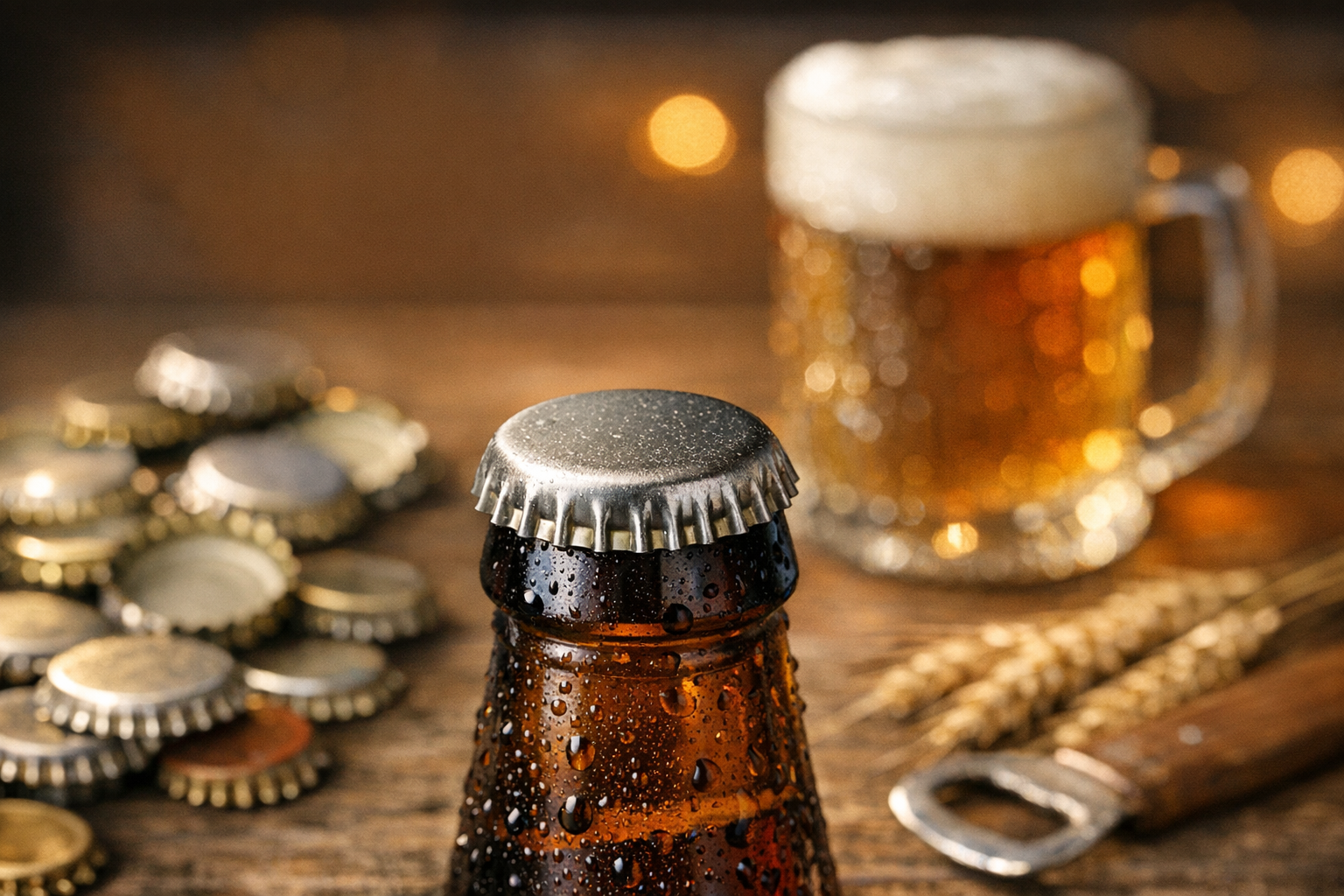Teenagers take note. If the findings of a latest study are to be believed binge-drinking in adolescence may up your chances of having anxiety in the later years of life. Exposing teens to alcohol could have lasting effects on the brain and increase the risk of psychological problems in adulthood
The team concluded that binge drinking, even if discontinued, increases the risk for anxiety later due to abnormal epigenetic programming.
"Binge drinking early in life modifies the brain and changes connectivity in the brain, especially in the amygdala, which is involved in emotional regulation and anxiety, in ways we don't totally understand yet. But what we do know is that epigenetic changes are lasting, and increase susceptibility to psychological issues later in life, even if drinking that took place early in life is stopped," said Subhash lead author of the study.
Epigenetics is a group of chemical changes to DNA, RNA, or specific proteins associated with chromosomes that are responsible in changing the activity of genes without really changing the genes themselves.
These epigenetic alterations are essential for the normal development of the brain, however they can be modified in response to environmental or even social factors, such as alcohol and stress. Changes in behaviour and disease have been linked to these specific kinds of epigenetic alterations.
For the study, these adolescent rats were exposed to ethanol (a type of alcohol) for two days on and two days off or to the same protocol using saline for 14 days. All these rats were later assessed for anxiety.
Adolescent rats were exposed to a regimen that mimicked binge drinking. The findings revealed that these rats showed a pattern of anxious behaviour later in life, the behaviour persisted even when binge drinking regimen stopped in late adolescence and they were allowed to mature without exposure to alcohol.
These rats also had lower levels of a protein called Arc in the amygdala. Arc is important for the normal development of synaptic connections in the brain. Rats with less arc also had about 40 per cent fewer neuronal connections in the amygdala compared with rats that weren't exposed to alcohol.
(With inputs ANI)










